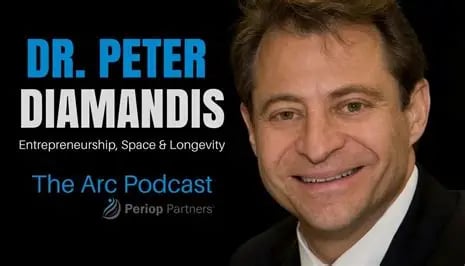Who's Who in Aging: The People and Personalities
This section will highlight some of the key players in the longevity science field. They have varied backgrounds and make contributions to the science through various approaches. With some individuals you will find overlapping entries in the webpage sections such as in Book Look or Hot Spots. They are not in a prearranged order by status or contributions to the field. Nevertheless, some of the most recognized were profiled first. Be sure to explore the hyperlinks for further information.
You will also discover many varieties of longevity "experts". The psychologists and medical/health professionals tend to focus on traditional and recognized lifestyle factors, diet, exercise, stress, sleep, etc. while the biomed and biohackers gravitate to a more extreme form of behavioral, mental, and physical change. They may advocate for supplements and substances that are not fully researched and available for the general public. On some issues they agree and coordinate efforts. We can learn from both and can choose what seems appropriate for our own lives after careful study. Enjoy the learning challenge of picking and choosing!
Humpty
David A. Sinclair, Ph.D
Dr. Sinclair, originally from Australia, is a professor of genetics at Harvard where he runs a research lab . He is the author of Lifespan and has many videos on You Tube, as a speaker and podcast guest. He also had his own 10 video podcasts based on his book. Besides a researcher in longevity, he is an entrepreneur with interests in several biomedical
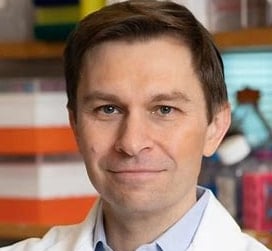

businesses including Tally Health. Here is an excellent article from the Wall Street Journal regarding his business history and success which has not always been stunning. You will find a complete and detailed biography here in Wikipedia. Sinclair has been criticized for overpromoting the benefits of rapamycin, resveratrol and other substances which he takes himself. A primary critic is Paul Brenner featured in the next profile. Sinclair takes great pride in his appearance, maintaining that while in his mid 50's his biological age is 20 years younger due to his lifestyle and supplementation. I await the appearance of the first wrinkle and gray hair - looks like it may be a while.
Sinclair's personal life appears to have taken a recent turn as shown in his association with Serena Poon, with whom he appears around the world at conferences. They share a media agency promotion contract as well. He has made prior references to his wife, Sandra, to whom he dedicated his book, among others. I haven't heard any public statements on this area of his life, although everything else seems to be openly discussed. I respect that and hope I haven't overstepped my probing nature.
There is no evidence his business activities are slowing down research in his lab. I am eagerly awaiting more results from his lab as he searches for a cure of the "disease of aging" and also enjoy keeping up with his media appearances in the podcast circuit as well. He's got many years ahead of him to keep us in suspense.
Charles Brenner, Ph.D
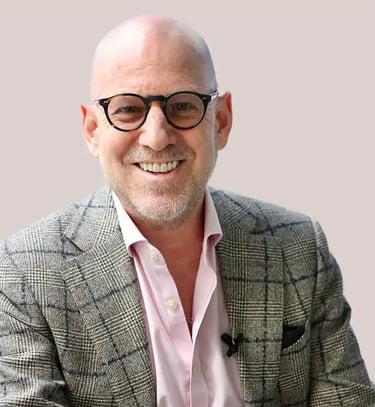

Dr. Brenner from The City of Hope in the LA area is not primarily a longevity researcher but his credentials allow him to make observations about aging and the claims some individuals promote about it. We'll get to that in a moment.
First, let's examine some of his contributions to biology, chemistry, and medicine. His research with NAD and NR is explored in this link for nonscientists. He is an authority on human metabolism and related aging issues.
He has been an outspoken critic of David Sinclair. Why is that? This quote might give you some insights " Lifespan...[Sinclair's book] represents a pivot in which a person central to the failure of the largest longevity program in pharmaceutical history turns to the general public to retell his story". Not exactly complementary! Brenner is referring to Sinclair's sale of a company in 2007 to the pharmaceutical giant GlaxoSmithKline for $720 million. GSK later abandoned the project. You can find more of Brenner's criticism here. James Timmons has joined with Brenner in further criticisms in this article.
To complicate matters, Dr. Brenner is also associated with a longevity supplement, Tru Naigen, developed from some of his patents and NAD/NR research. He serves as a scientific advisor to the company. It raises the question of professional rivalry as well. I'm sure this criticism does not go unnoticed by Sinclair, but I haven't seen an online response from him. Not sure we've heard the end, however.
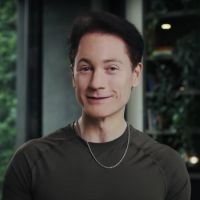

Is this man ever going to die? Not anytime soon, if his biohacking routine works and he doesn't run out luck or money. He made millions now he is spending it on extending his life and others through his longevity business. This is his daily routine.
Here's more on his strategy from his own website Blueprint. He will tell you how he follows his plan and even what he eats. He will also be delighted to sell you some products for your own longevity quest. Will it work? Check back in 50 years or so!
Matt Kaeberlein, Ph.D
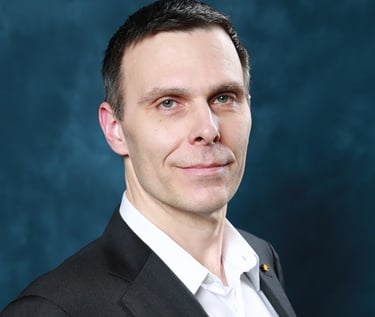

Kaeberlein and Sinclair were colleagues in the same lab early in their careers. He is now a professor at the University of Washington in the Seattle area. He also has a sideline business promoting modafinil to enhance cognitive functioning.
Unlike Sinclair, he keeps a lower public profile. No bestseller yet, but has very distinguished credentials in aging research. He is also co-director of the Dog Aging Project [here's a link to my video]. He's a frequent podcast visitor and can be found easily on You Tube. I trust this guy to give factual and realistic predictions about longevity, canine or human, without drama or hype.
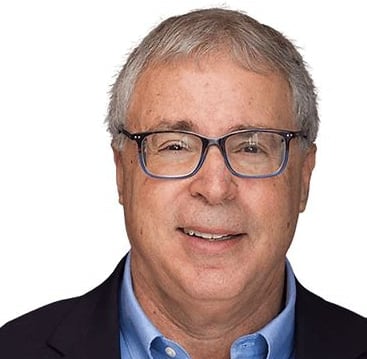

If you explore longevity research you will soon come across this talented and productive man. Space is too limited here for his impressive contributions which keep coming. Explore some links and be ready to hear more from him in the future of this fast moving field.
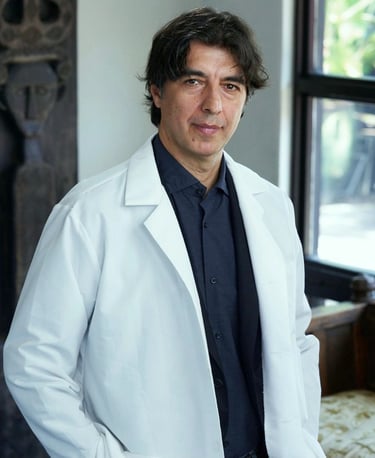

Dr. Longo is the director of The Longevity Institute at the USC Leonard Davis School of Gerontology. In addition to his teaching and research he is a frequent podcast guest where he discusses his books and theories of fasting as a longevity strategy.
Here's some links to help you learn more about this influencial contributor to aging knowledge and longevity practices. Watch him with Simon HIll on The Proof podcast. Here's his You Tube Channel.
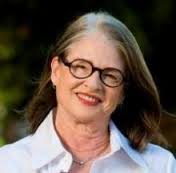

Dr. Carstensen is the director of the Longevity Center at Stanford University in California. As a psychologist researching aging she was one of the first to recognize the "aging paradox"; that advancing years can bring greater happiness, not just the undesirable physical changes usually associated with aging. You can learn more about the Stanford Center in the Research and Practice section.
One quality that I find refreshing is her avoidance of self-promotion and over-exposure that some longevity specialists seem to seek. No books or podcasts to push, just science and sense about the challenges and positive aspects of aging. She doesn't even have a personal website. You can find her on You Tube but usually connected to the Center. Here she is in a TED talk you might enjoy, from nearly 15 years ago, but still timely and popular. Another quality I sense from her is an embracing of aging, not avoidance or denial, often missing in the younger longevity researchers and practitioners.
Peter Diamandis, MD
